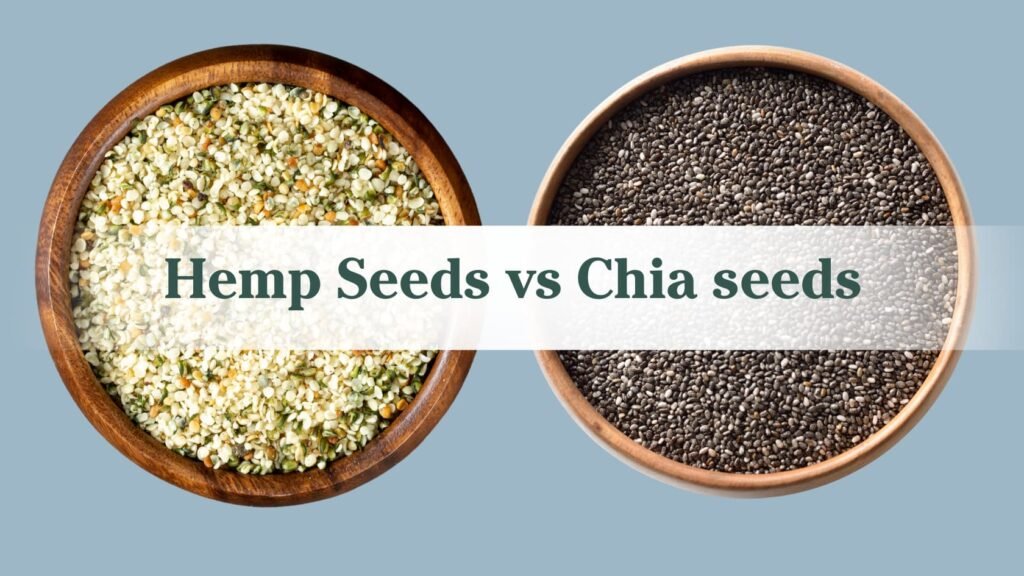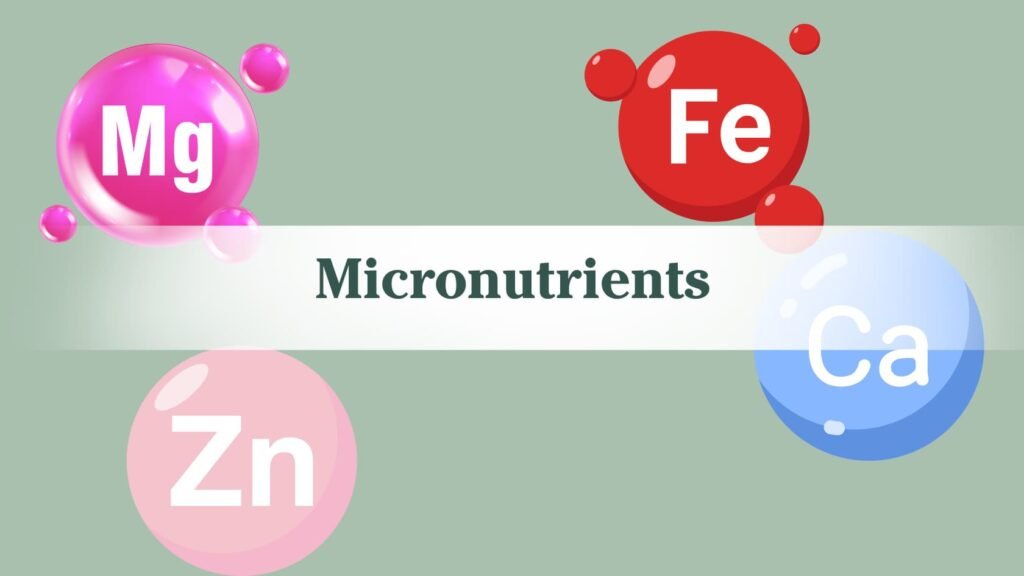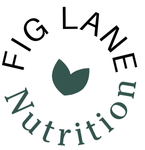You’ve probably heard that nuts and seeds are healthy, but when it comes to seeds, which is better when it comes to hemp vs chia seeds?

Both hemp and chia seeds offer impressive nutritional value. Choosing which is best depends on your individual preferences and nutritional needs. Below, I’ll break it down so you can decide which one is right for you.
Nutrient Comparison: Hemp Seeds vs Chia Seeds [1,2]
| Nutrients (per 30 g) | Hemp Seeds (% DV) | Chia Seeds |
| Calories | 166 | 146 |
| Fat | 15 g | 9 g |
| Saturated Fat | 1.38 g | 1 g |
| Monounsaturated Fat | 1.62 g | 0.69 g |
| Polyunsaturated Fat | 11.4 g | 7.11 g |
| Carbohydrates | 2.6 g | 13 g |
| Total Fiber | 1 g (4%) | 10 g (36%) |
| Protein | 10 g | 5 g |
| Zinc | 2.97 mg (27%) | 1.37 mg (12%) |
| Iron | 2.38 mg (13%) | 2.32 mg (13%) |
| Magnesium | 210 mg (50%) | 100.5 mg (24%) |
| Calcium | 21 mg (2%) | 189.3 mg (15%) |
Protein
If you’re looking for a way to boost your plant-based protein intake, hemp seeds have got you covered. Containing 10 grams of complete protein in just 3 tablespoons, they’re a convenient and nutrient-dense option [1]. While chia seeds don’t offer quite as much, they still provide 5 grams of plant-based protein per serving [2].
Fiber
Most Americans don’t get enough fiber [3]. Fortunately, chia seeds are loaded with fiber and have ten times more than hemp seeds. Thanks to their high fiber content, they are great for supporting bowel regularity and gut health.
Healthy Fats
Both hemp and chia seeds contain mainly unsaturated fats, which, when compared to saturated fats, are better for heart health [4]. Additionally, they both contain over 100% of the adequate intake for alpha-linoleic acid ( ALA), 2.6 g in hemp seeds and 5.3 g in chia seeds, which is an essential type of omega-3 fatty acids [1,2,5]. This is especially important for those following a vegan or vegetarian diet, as ALA is converted in the body into other omega-3s called EPA and DHA, which are typically obtained from fatty fish.
For more on how to get enough EPA and DHA if you do not consume fish, check out: Plant-Based Omega-3 vs Fish Oil: A Dietitian’s Review.
Micronutrients

Chia seeds have higher amounts of calcium, while hemp seeds are higher in zinc and magnesium. They are both a good source of iron, containing 13% of the daily value. However, since this iron comes from plants (non-heme iron), it’s important to pair it with a food high in vitamin C to support absorption.
Chia seeds also contain significantly more calcium, which can be harder to obtain on a plant-based diet.
Hemp seeds, although lower in calcium, are excellent sources of zinc and magnesium.
How to Use Them
Although both are seeds, hemp seeds and chia seeds have surprisingly different uses.
Chia seeds can be eaten as is, but it’s better to soak them in liquid or yogurt before eating. Dry chia seeds can be a choking hazard, and soaking them not only makes them safe to eat but also helps improve digestion and the bioavailability of their nutrients. When soaked, they form a jelly-like texture and can be used to make chia pudding (see recipe link below), added to overnight oats, used as an egg substitute in baked goods, or sprouted into microgreens.
Hemp seeds are soft on their own and don’t require soaking. They can be sprinkled on salads, grain bowls, or mixed into oats or banana bread for a slightly nutty flavor.
Take Away
Comparing hemp seeds vs chia seeds is like comparing apples to oranges. Both are excellent sources of nutrition, but the nutrients they provide differ. Choosing which to include in your balanced diet, and how often, depends on your nutritional needs and personal preferences.
If you’re looking for a good source of fiber, ALA omega-3 fatty acids, plant-based calcium, plus some protein and iron, then chia seeds are the pick. But if you want more zinc, magnesium, and complete protein while still getting some iron, then hemp seeds are the better choice.
